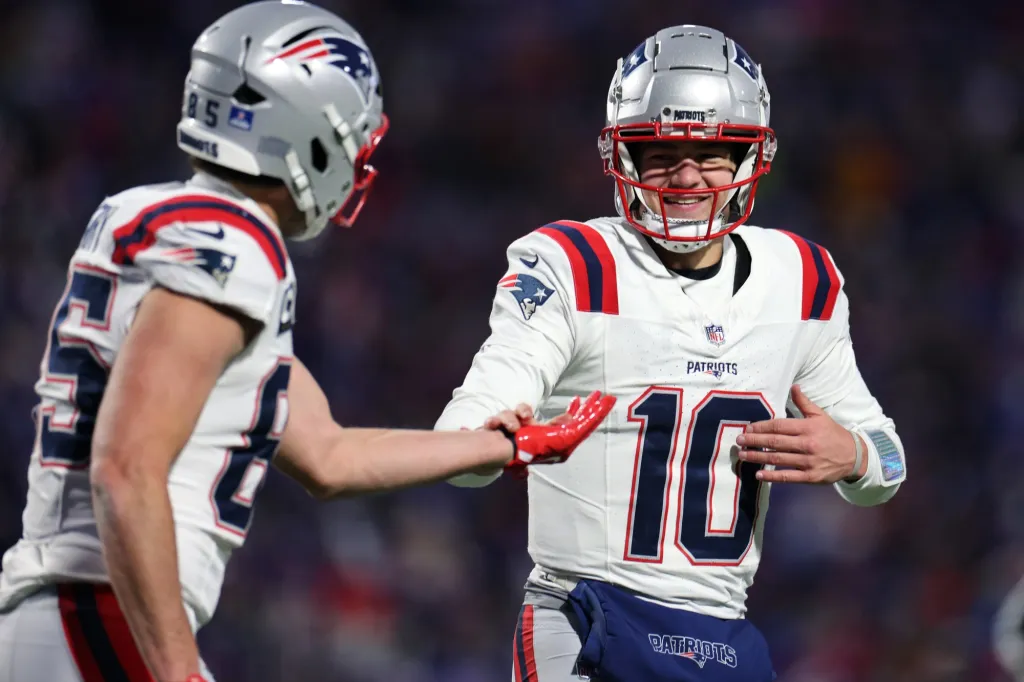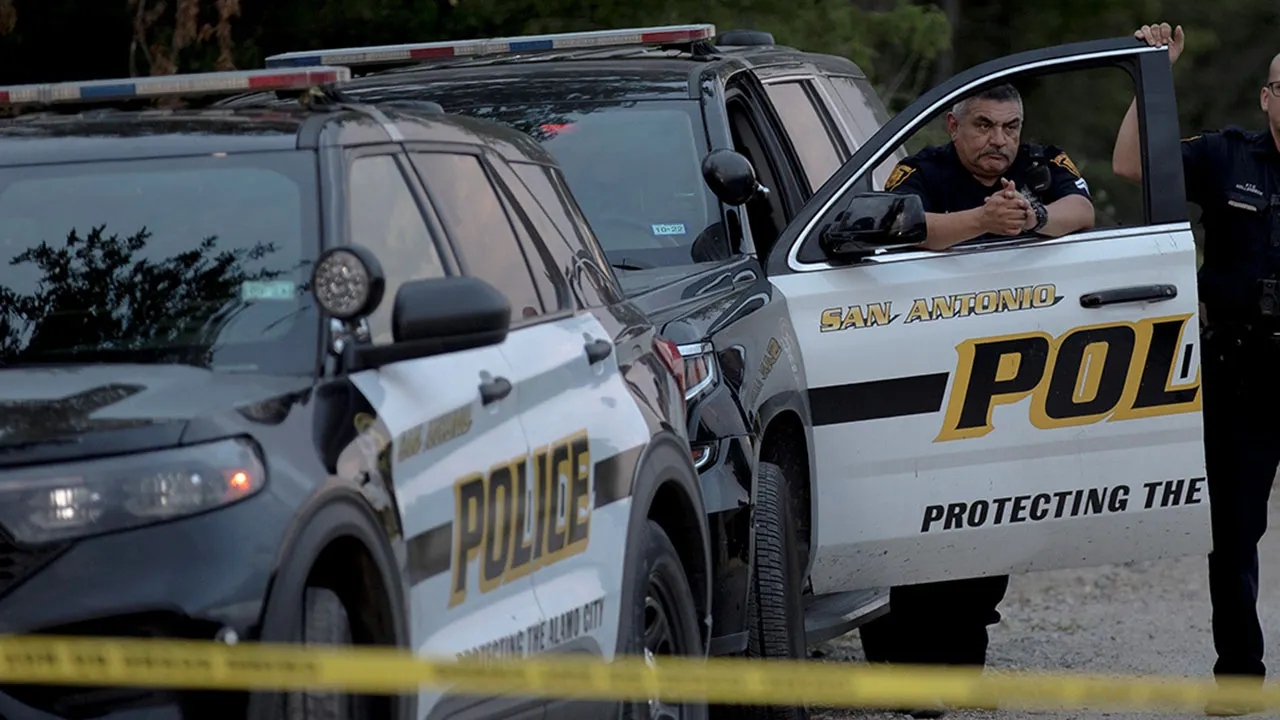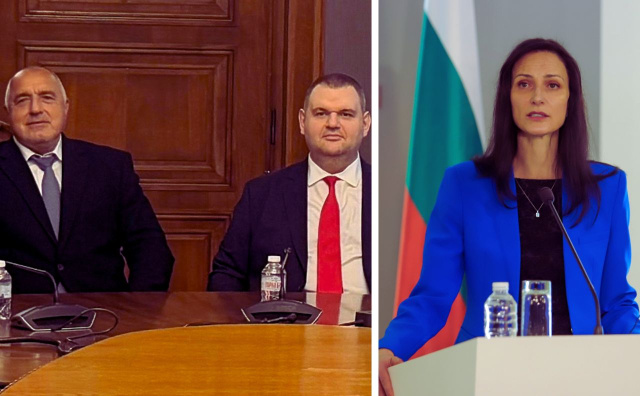Copyright San Diego Union-Tribune

At the stadium where the New England Patriots play their home games, the visiting team’s ownership party and sportswriters use the same elevator. Seven years ago on a sunny January day in Greater Boston, a dozen or more folks in the Los Angeles Chargers ownership party squeezed into the large elevator an hour before kickoff. Later that afternoon, a kindly elevator operator said he’d never packed in so many folks from one team’s group of higher-ups. The jumbo-sized turnout made perfect sense. The chance to see a potential playoff victory over the Patriots had to be enticing for Dean Spanos, John Spanos and many underlings, friends and family members. A victory in the division playoff game would boost the franchise’s profile in Greater Los Angeles, where the club had moved a year earlier. And it would repay the Patriots some pain for the two brutal playoff losses, one in Mission Valley, in consecutive Januarys. It didn’t come close to happening. As the game unfolded, I wondered how I’d been so dumb to think the Chargers — a 3 1/2-point underdog — had even a decent chance. Their gimmick defense that had fooled the Baltimore Ravens in a wild-card-round upset? Tom Brady and Bill Belichick had gone to school on it. The Patriots’ first five drives: Touchdown. Touchdown. Touchdown. Touchdown. Touchdown. Defense and special teams were where Belichick made his bones as an assistant coach. They won big, too. Soon, Brady kneeled out the game, while Belichick went to Anthony Lynn. Cue to Philip Rivers and Antonio Gates. No, Rivers said, Brady’s near-perfection was of no surprise. The Patriots, said Gates, smiling a familiar hard smile, were just too good. It felt like — and was — the final shot for Rivers and Gates to overcome Brady and Belichick when it mattered most. For folks who own an NFL team, though, it can take a lot longer to exhaust competitive options. Their tenures can run several decades, meaning, in this case, the Spanoses would outlast the Brady-Belichick dynasty. But the Patriots weren’t a two-man dynasty. On that sunny day in New England, a 5-foot-7 white-haired man in casual business attire and white-soled shoes headed toward the home ownership suite. Robert Kraft had owned the Patriots since January 1994. And, he wasn’t going anywhere. And now, for the Patriots’ AFC rivals, that seems not a good thing. Kraft’s much-despised franchise — think Spygate, Deflategate and six Super Bowl trophies — did sputter in the aftermath of Brady moving on and Belichick losing his fastball. But today, this seems to have happened: at quarterback and head coach, the Pats have found long-term answers. Uh-oh. They’re 8-2 this season. While this isn’t a great team, it’s not a New England snowman, either. Not when it can stand, as it does on both offense and defense, among the NFL’s top eight in points and among the top 15 in expected points added. This week, I asked former longtime NFL executive Joe Banner, who was a key figure in setting up the Philadelphia Eagles’ ongoing lengthy run of relevance, if Kraft deserves credit for New England’s nascent rise. “Owner’s main job is to hire a few key executives,” Banner said, responding on X. “He has done that well again, and more. Deserves a lot of credit.” Eliot Wolf is the Patriots’ top personnel man, a role Belichick filled, if without that title, while also serving as coach. Kraft promoted Wolf, a former Packers scout, into that job after promoting him from an intern’s role. Wolf seems to have hit two home runs: at quarterback, drafting Drake Maye third overall in 2024; and head coach, hiring Mike Vrabel in January. Recalling Belichick — a Jets defensive coordinator whom Kraft wanted so badly that he sent New York a first-round draft pick — Vrabel is a true head coach who shines brightest as a defensive coach. New England’s defense is sixth in fewest points allowed. Vrabel’s Tennessee Titans, in six seasons, had a .545 win rate and three playoff trips. Their high-water mark: A trip to the AFC title game in January 2020. Vrabel’s top Titans QB was Ryan Tannehill. Maye’s upside as a multi-dimensional passer appears greater than Tannehill’s. The North Carolina alum, 6-foot-4 1/2, strong-armed, 225 pounds, agile and a 4.65-second sprinter at the NFL scouting combine, has 19 touchdown passes and 21 rushes for first downs this year. He has been intercepted just five times in 286 pass attempts. Because of Maye, 23, the Pats now dwell in a much-desired NFL bandwidth, their QB performing well on a rookie contract that affords Wolf surplus money for other positions. The Spanoses succeeded at replacing their own franchise QB, Rivers, by drafting Justin Herbert two years later. At head coach, though, they’d long underachieved. Two Januarys ago, the Spanoses fired Brandon Staley and loosened their Terminator-like grip on money and power, enabling them to hire Jim Harbaugh. It’s game on again. But if Kraft, 83, had called it a career five years ago, following the Brady-Belichick split, other AFC owners today might be grateful for it.



